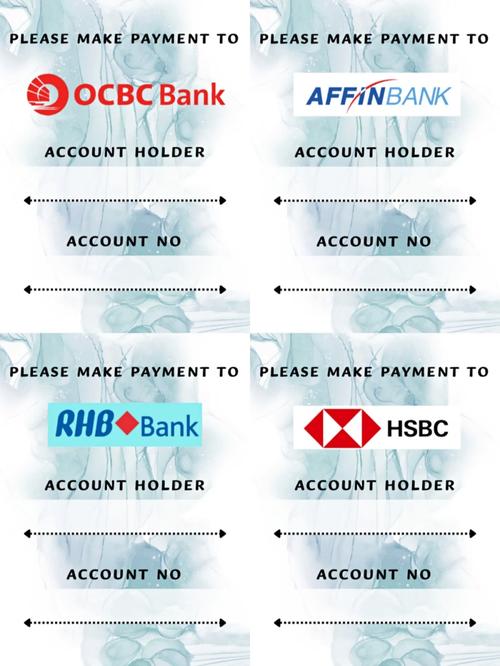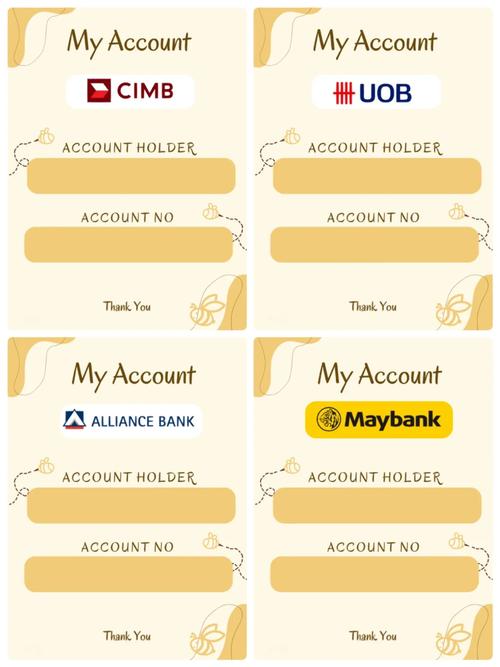Does Cash App Count as a Bank Account?
Cash App, a popular mobile payment service, has gained a significant following over the years. Many users wonder if Cash App can be considered a bank account. In this detailed guide, we will explore the various aspects of Cash App to help you determine if it fits the criteria of a traditional bank account.
Understanding Cash App
Cash App is a mobile payment service that allows users to send, receive, and store money. It was launched by Square, a financial services and mobile payment company. The app is available for both iOS and Android devices and offers a range of features that make it a convenient choice for many users.

Features of Cash App
Here are some of the key features of Cash App that you should consider when determining if it can be classified as a bank account:
| Feature | Description |
|---|---|
| Bank Account Linking | Cash App allows users to link their Cash App account to a traditional bank account. This enables users to transfer money between the two accounts. |
| Direct Deposit | Users can receive their paychecks directly into their Cash App account, similar to a traditional bank account. |
| Spending and Budgeting Tools | Cash App offers spending and budgeting tools that help users track their expenses and manage their finances. |
| Debit Card | Cash App provides a Visa debit card that can be used for purchases and cash withdrawals at ATMs. |
| Investing | Cash App also offers a stock investment feature called “Cash Invest,” allowing users to buy fractional shares of stocks. |
Is Cash App a Bank Account?
While Cash App offers many features similar to a traditional bank account, it is not a bank account in the strictest sense. Here are some reasons why:
1. FDIC Insurance
One of the primary differences between Cash App and a traditional bank account is FDIC insurance. FDIC insurance protects your deposits up to $250,000 in the event of a bank failure. Cash App does not offer FDIC insurance, which means that your funds are not protected in the same way as they would be in a traditional bank account.

2. Interest on Deposits
Traditional bank accounts often offer interest on deposits, which can help your money grow over time. Cash App does not offer interest on deposits, so your money will not earn interest while it sits in your Cash App account.
3. Checking and Savings Accounts
Cash App does not offer separate checking and savings accounts. Instead, it is a single account that serves both purposes. Traditional banks typically offer separate accounts for checking and savings, allowing users to manage their finances more effectively.
Conclusion
In conclusion, while Cash App offers many features that are similar to a traditional bank account, it is not a bank account in the strictest sense. It lacks FDIC insurance, interest on deposits, and separate checking and savings accounts. However, Cash App can still be a valuable tool for managing your finances and making payments, especially if you are looking for a convenient and user-friendly mobile payment service.

